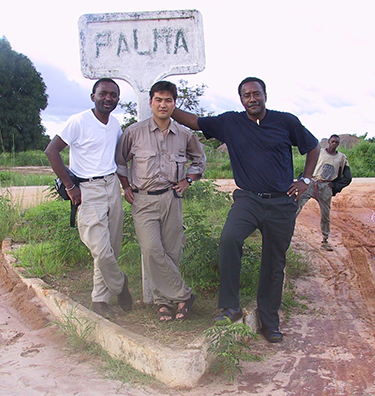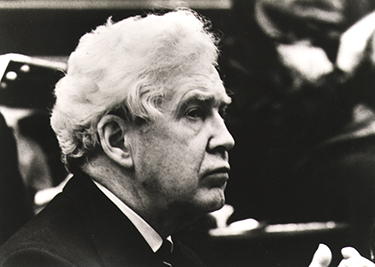Notable alumni

Craig Nakagawa, ’89, (center) on a trip to Africa.
College of Arts & Sciences alumni are making a difference around the region and around the globe. Some of their accomplishments are listed below.
Christine Gregoire, B.A., 1971, Sociology, Speech Communication, has served two terms as Washington’s Governor (2005 to the present), and three terms as Washington State Attorney General (1992 to 2004).
David Guterson, B.A., English, 1978; M.A., English, 1982, is the author of several novels set in the Pacific Northwest, including Snow Falling on Cedars, winner of the 1995 PEN/Faulkner Award for Fiction.
Janet Kavandi, Ph.D., Chemistry, 1990, a NASA astronaut who has flown on three Space Shuttle missions, is now NASA’s director of flight crew operations, responsible for overseeing the phase-out of the shuttle program.
Arthur Levinson, B.A., Biology, 1972, is Chairman and former CEO of Genentech, one of the world’s leading biotech companies.
Jane Lubchenco, M.S., Zoology, 1971, a nationally recognized spokesperson for marine conservation, is the first woman to head the National Oceanic and Atmospheric Administration.
Joel McHale, B.A., History, 1995; M.F.A., Drama, 2000, has made a big splash on the small screen by starring in the NBC sitcom Community and hosting The Soup on E! Entertainment.
Craig Nakagawa, B.A., International Studies, 1989, is co-founder of VillageReach, an NGO aimed at improving health-care distribution systems in the most distant reaches of developing countries.
Andrea Peterson, B.A., Music Education, 1996, was named Washington Teacher of the Year and then National Teacher of the Year for her innovative approach to teaching music to elementary-school students.
Barbara Earl Thomas, B.A., Art, 1973; M.A., Art, 1977, is an accomplished artist and executive director of the Northwest African American Museum, where she first served as the museum’s founding curator.
